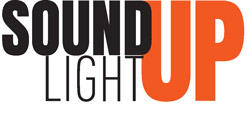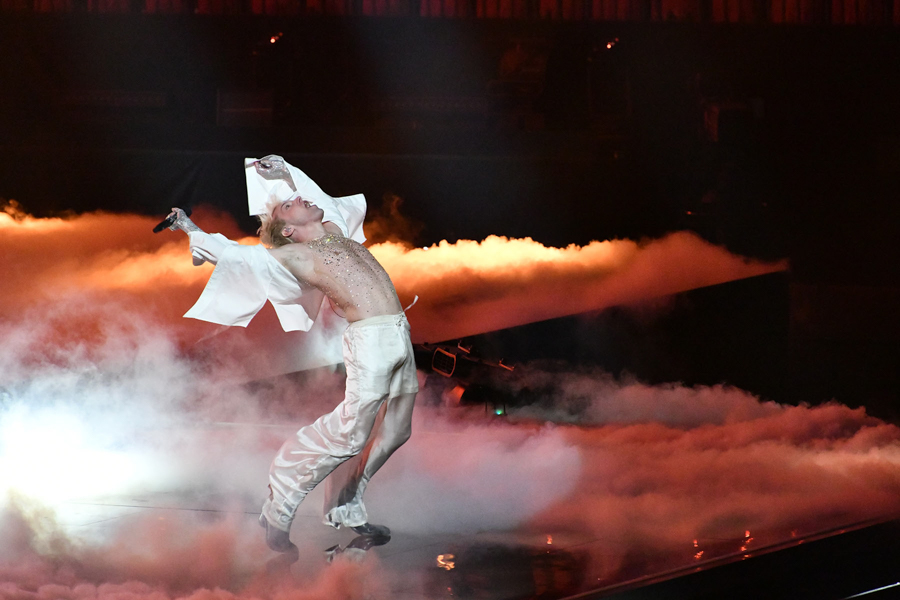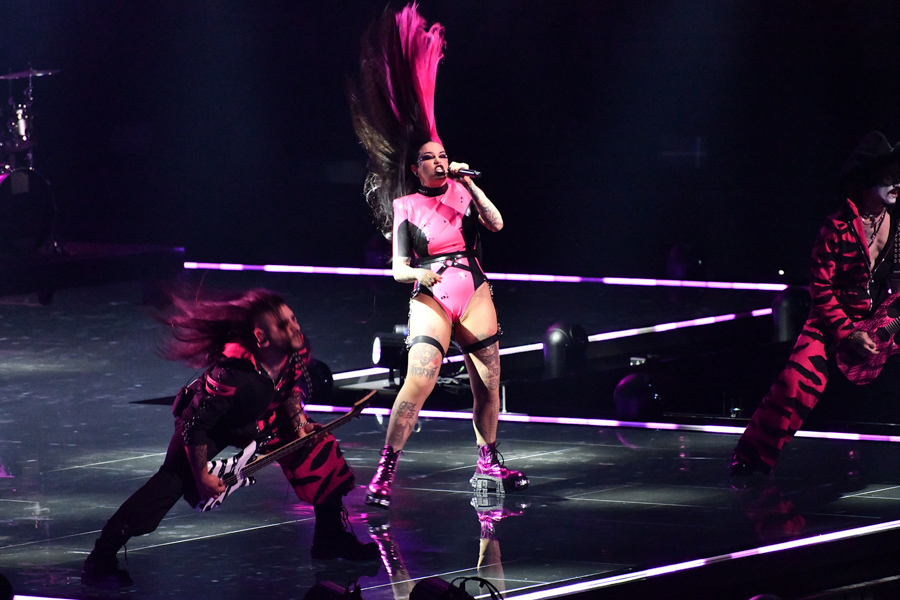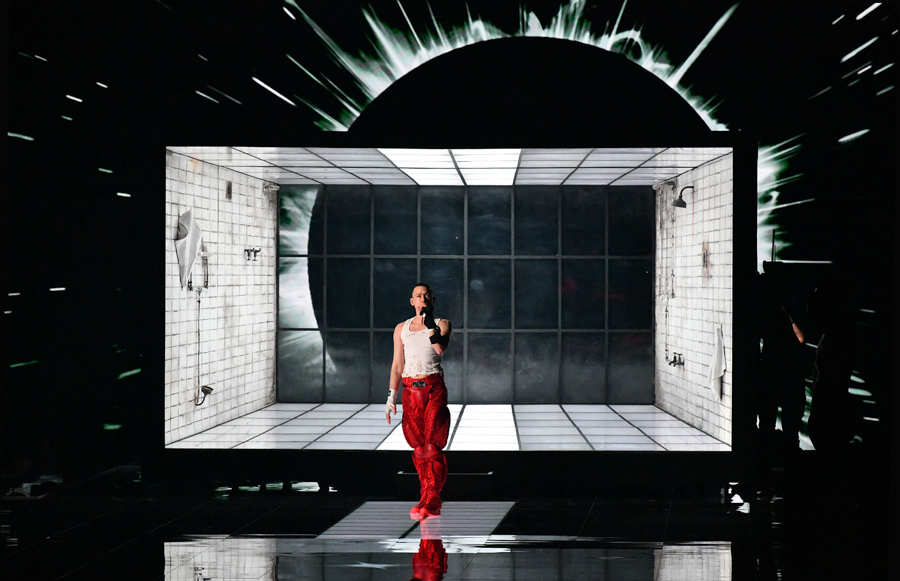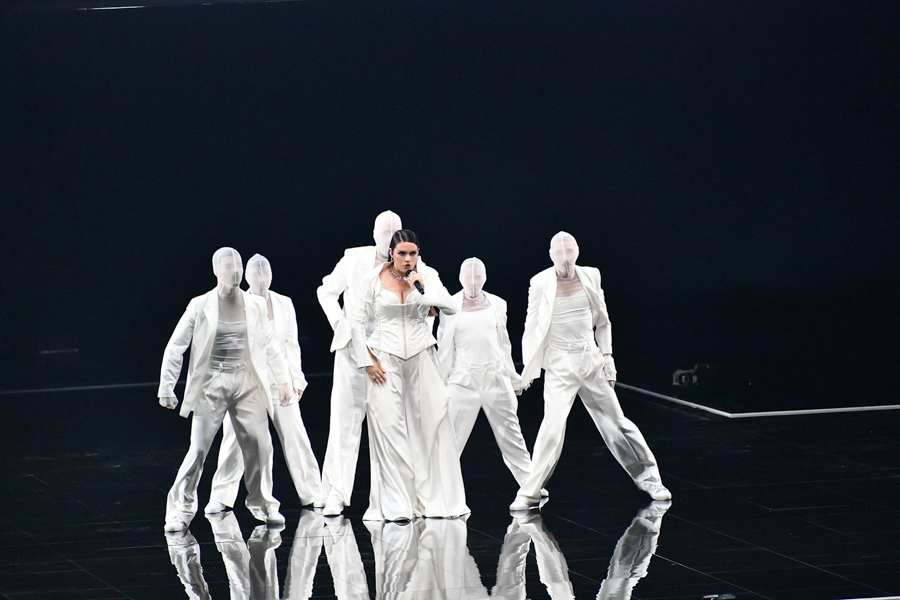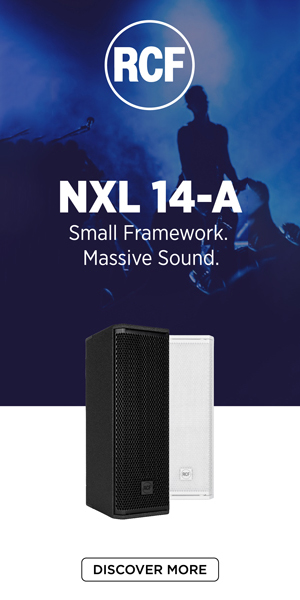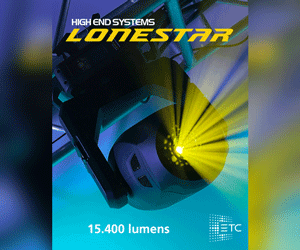The 2024 Eurovision Song Contest (ESC) was staged in Malmo Arena, Sweden, and was memorable for many elements including a superlative technical presentation which took the show production aspect of one of the largest and most-watched live music broadcasts in the world to new levels of excellence.
Under the show technical direction of Ola Melzig, a team of highly talented creatives, programmers, engineers, network architects and technicians collaborated to stage the first ever in-the-round ESC, breaking technical barriers and records!
Lighting designer Fredrik Stormby of Stockholm-based creative studio Greenwall Design and his team took care of all things lighting as well as co-ordinating the screens content, working in close conjunction with production designer Florian Wieder, and included on the lighting plot were 52 x Robe Fortes, 57 x T1 Profiles and 14 x T2 Profiles.
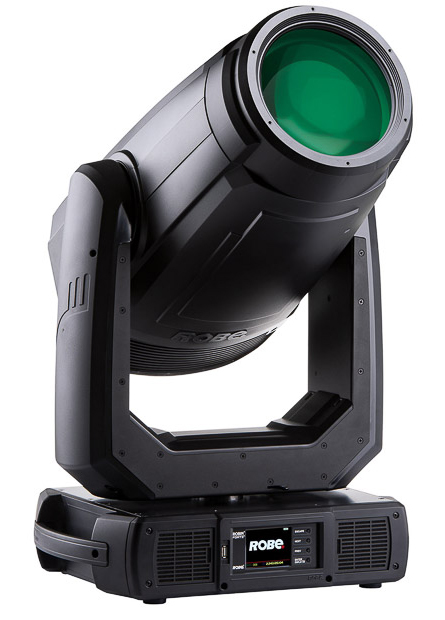
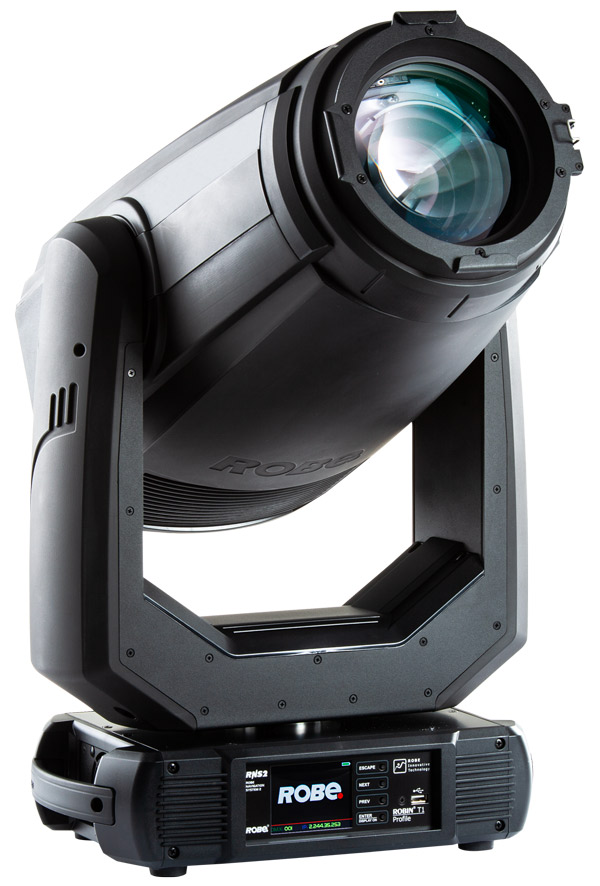
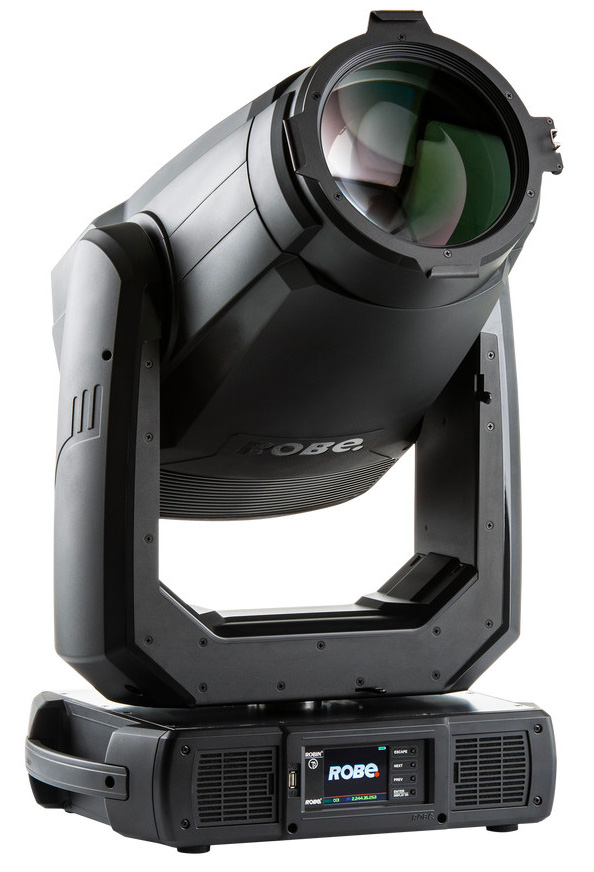
These Robe moving lights were used to cover all the stage and Green Room key lighting requirements. Rigged on multiple roof and side trusses flown above and around both these major areas, all lighting equipment was supplied by Creative Technology Sweden together with the video and audio equipment packages.
The show also featured an extensive automation system that helped boost the dynamics of three vibrant live broadcasts – the two semi-finals and the grand finale – encompassing a total of 37 entries. These specific Robe fixtures were chosen for their excellent CRI, intensity, and overall quality of light.
The Fortes were fitted with the HCF (High Colour Fidelity) Transferable Engine module from Robe’s TE series of ground-breaking self-referencing, data-capturing LED light engines that are all designed, developed, and manufactured at the Robe factory in the Czech Republic.
The 1,000W White 6.000K HCF LED engine offers 35,000 lumens and an exceptionally high inherent CRI of 96, making these luminaires perfect for this scenario. The T1 and T2 both have CRIs of 95 and are already well established in broadcast and theatre worlds for optimising skin tones and colours. As well as being utilised for general key lighting, several Fortes were configured to run part of an extensive remote follow spotting system, so they could be called up and activated as needed.
“As with any broadcast show, key lighting is one of the fundamentals, so we were extremely pleased that Fredrik was happy to work with these Robe fixtures,” commented Emil Hojmark, CT’s head of lighting for North Europe, who co-ordinated the lighting production. He added that they received “great support from Robe’s technical team” throughout the event period.
The load in at Malmo Arena – which also staged ESC in 2013 – started on April 3rd and was preceded by four days’ prep at CT’s warehouse in Malmo, used as a production hub for all the equipment procurement and provisioning.
Fredrik’s programming team included lead programmer for effects lighting Ishai Mika, lead programmer for key lighting Dom Adams, plus Isak Gabre, Linus Pansell and Leo Stenbeck. The assistant lighting designer was Louisa Smurthwaite (who was follow spot caller for the 2023 event in the UK) and the two associate LDs were Mike Smith and Michael Straun who worked in day and night shifts during the five-week rehearsal and development period.
Eurovision 2024 was won by Switzerland’s Nemo with their song “The Code”, closely beating Croatia’s Baby Lasagne with “Rim Tim Tagi Dim”, with Ukraine’s Alonya Alonya & Jerry Heil in third place with “Theresa & Maria”.
The 68th Eurovision Song Contest was organised by the European Broadcasting Union (EBU) and host broadcaster Sveriges Television (SVT) and was presented in Sweden for the seventh time.
For more information about Robe lighting, you can visit www.robe.cz

